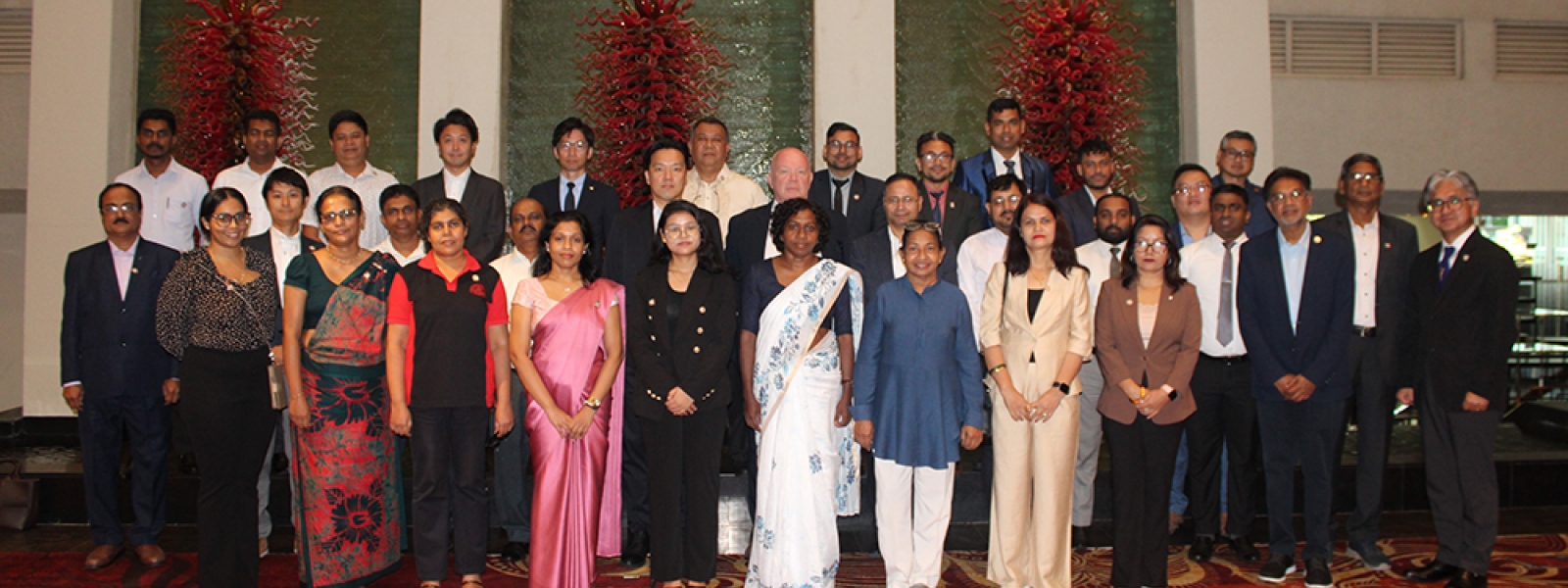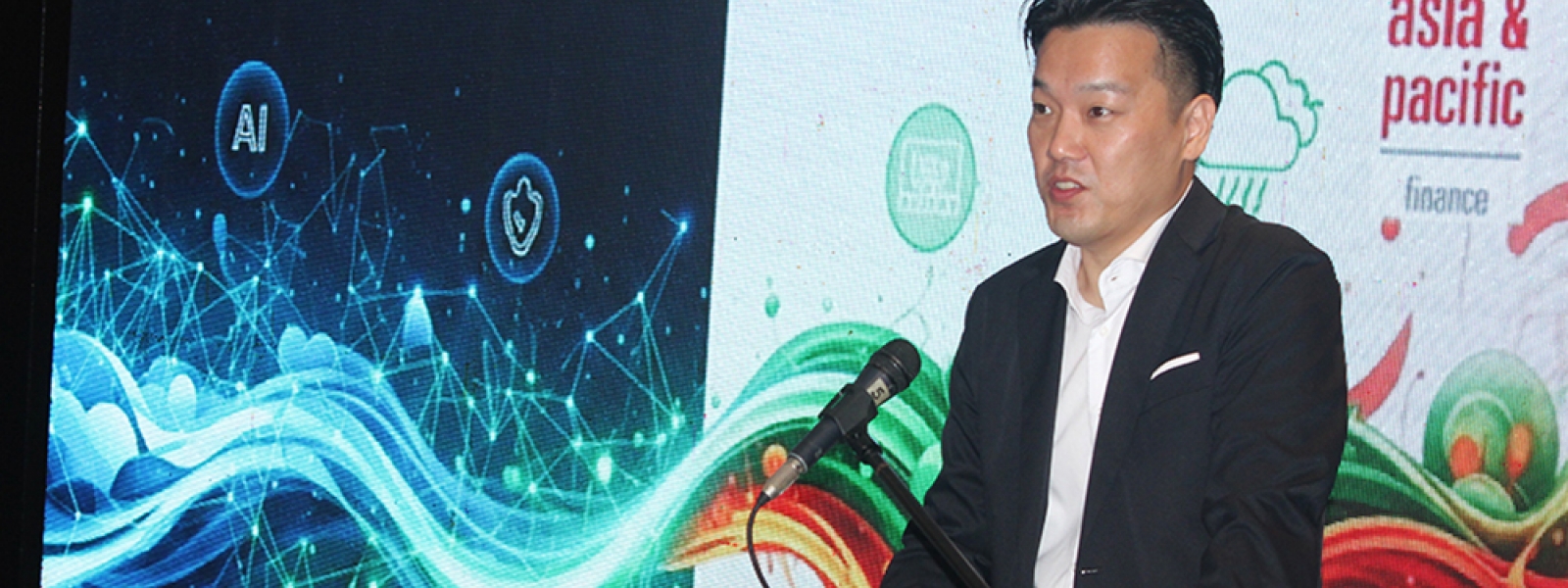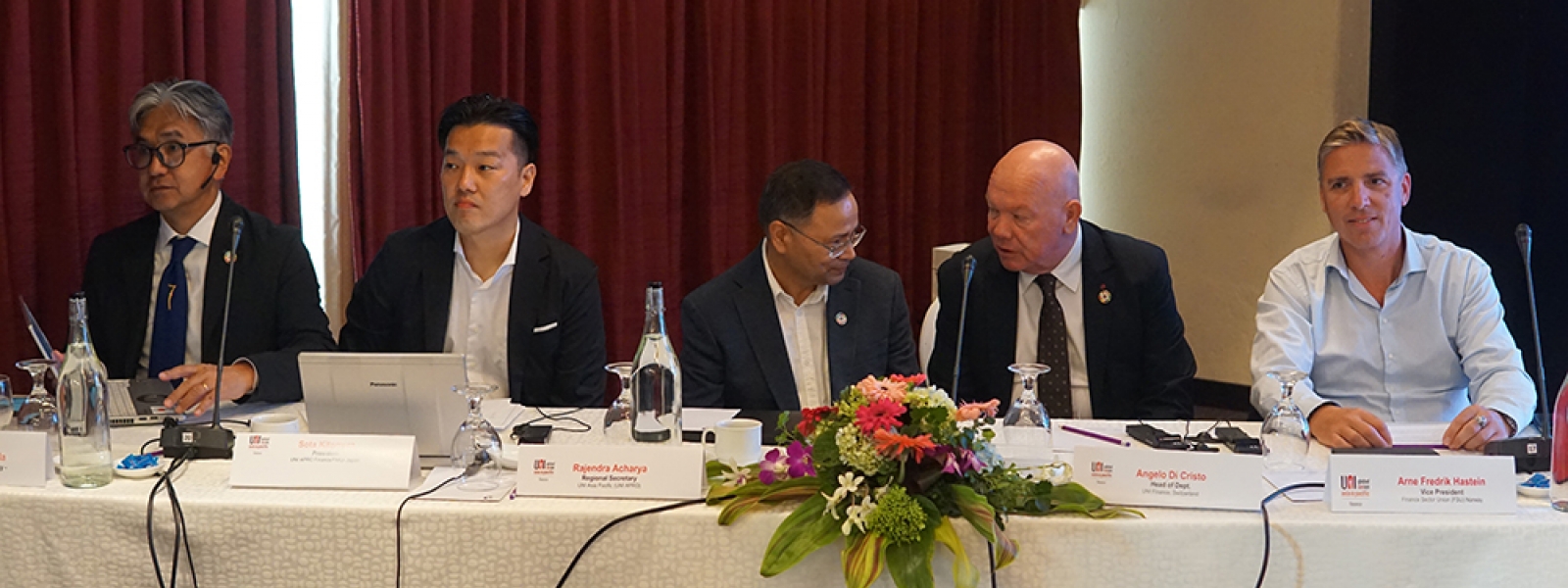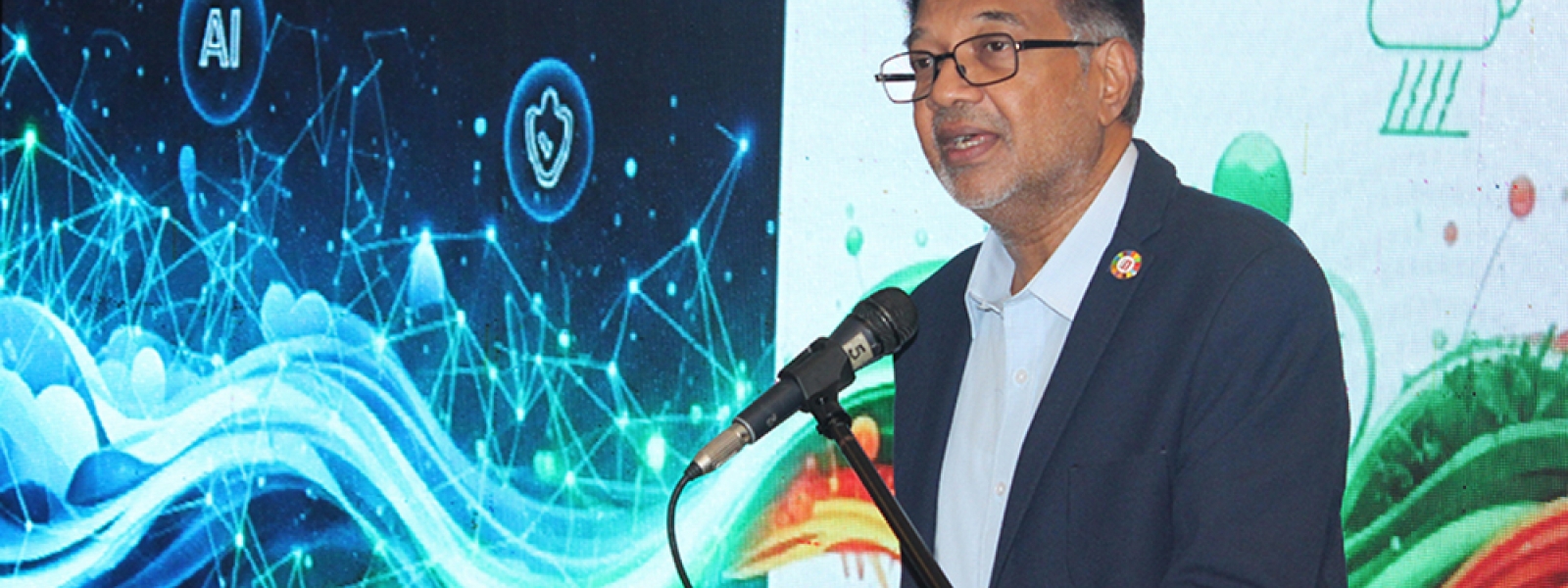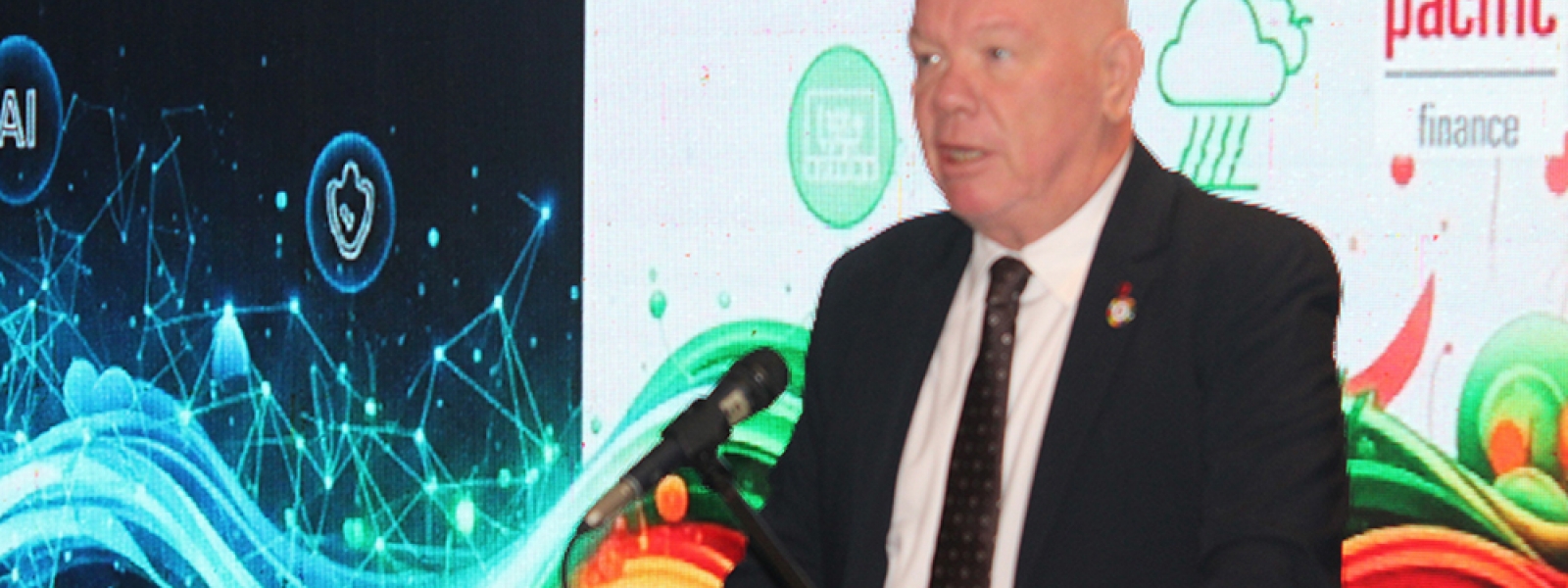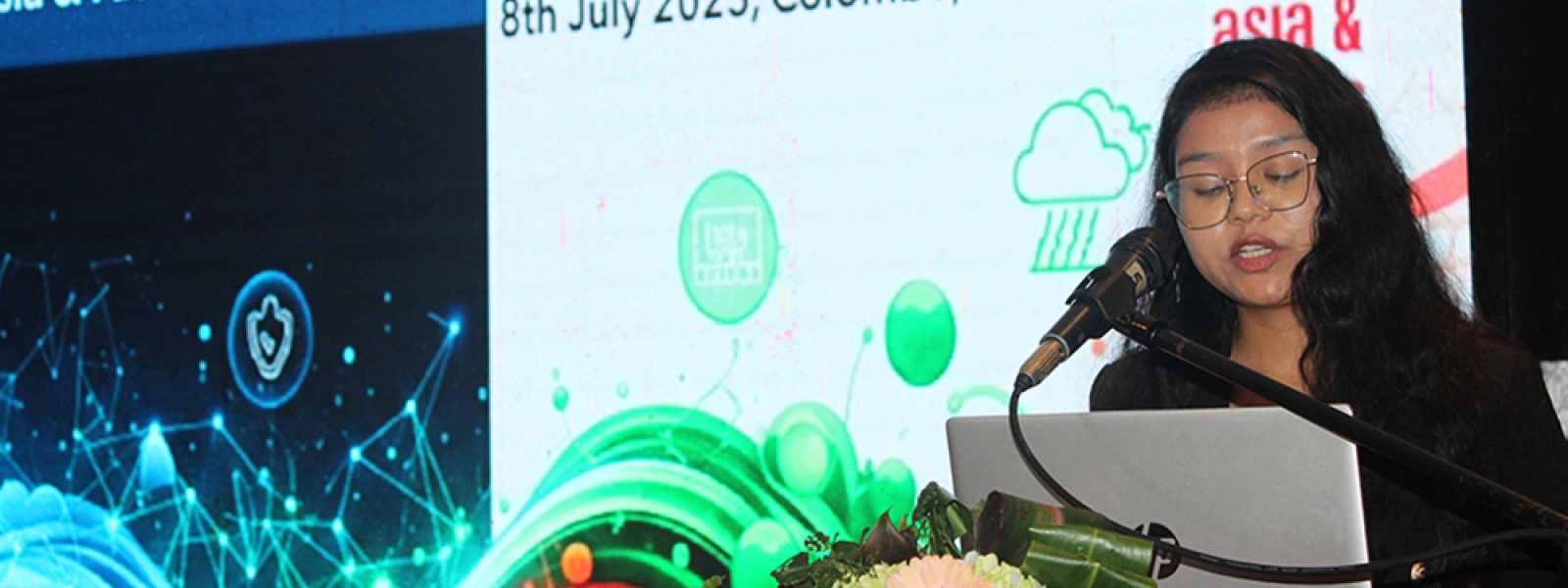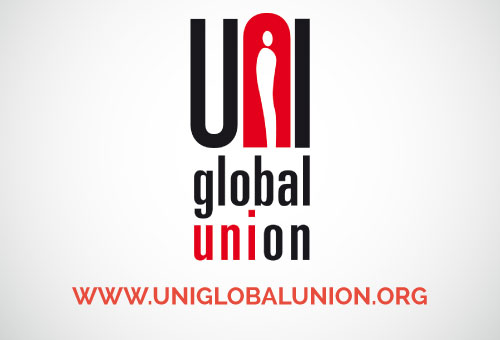Highlights from the 2nd South Asia Finance Sector Unions Council Conference
Colombo, Sri Lanka – July 9, 2025
A Growing Movement of Solidarity
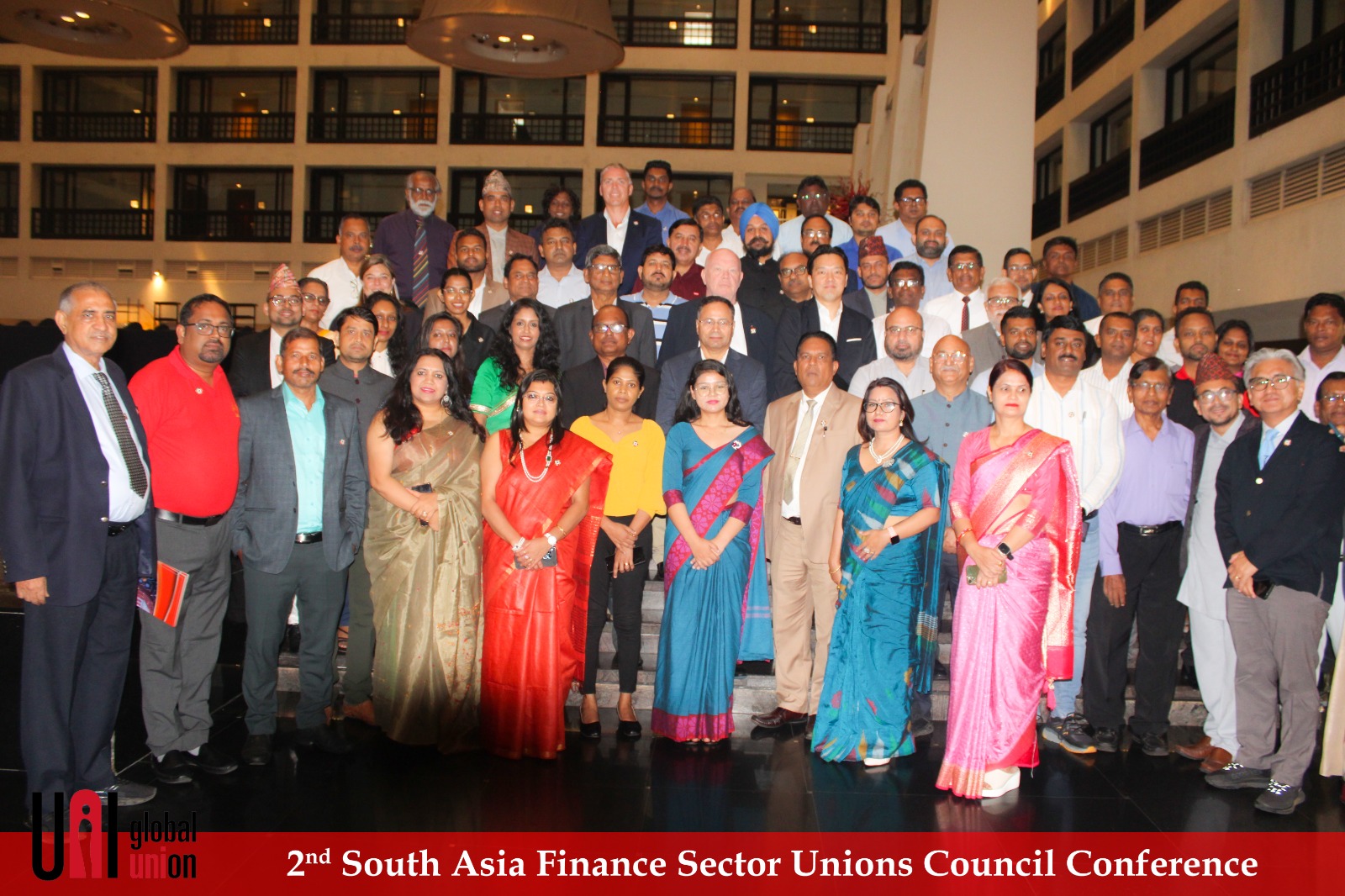
The beautiful city of Colombo, Sri Lanka, played host to a landmark event on July 9, 2025: the 2nd South Asia Finance Sector Unions Council (SAFSUC) Conference. Bringing together union leaders, finance professionals, and social advocates from across the region, the conference's theme, "Finance with a Social Focus: Driving Sustainable Development in South Asia," set a clear agenda for the future. Over a full day of insightful discussions, the conference reflected on the critical role of finance unions in a rapidly changing world, celebrating past achievements, tackling modern challenges, and charting a new, more united course forward.
The conference was hosted by the Ceylon Bank Employees’ Union (CBEU) and coordinated by the UNI Sri Lanka Affiliates Council. The day began with a traditional oil lamp lighting ceremony, symbolizing a new beginning, followed by warm welcome remarks from Channa Dissanayake, President of CBEU. Solidarity greetings were extended by Arne Fredrik Håstein from the Finance Sector Union, Norway, and Angelo Di Cristo from UNI Finance, Switzerland, both of whom stressed the importance of unity in a digital age. UNI Apro Regional Secretary Rajendra Acharya highlighted South Asia's strategic importance in the global labor movement and the urgent need for deeper integration among finance unions. Sota Kitamura, President of UNI Apro Finance Sector, echoed this sentiment, emphasizing that the social mission of unions must adapt to new challenges posed by AI and climate change.

A Historic Step: The CBEU-FIEUN Memorandum of Understanding
A key highlight of the conference was the signing of a Memorandum of Understanding (MOU) between the Ceylon Bank Employees' Union (CBEU) of Sri Lanka and the Financial Institute Employees Union of Nepal (FIEUN). This historic agreement, spearheaded by Jayasri Priyalal, UNI Apro Finance Sector Regional Director, formalizes a platform for cross-border cooperation and support. The MOU builds on a long history of solidarity and aims to strengthen financial workers' rights through joint advocacy, knowledge exchange, and a promise of collective action for a fairer future. It outlines a commitment to regular exchange programs, with a focus on including female and youth members to foster inclusive leadership. This alliance is a powerful example of the kind of "horizontal solidarity" necessary to drive change in the region.

Roundtable 1: Empowering Public Sector Banks for Sustainable Development
The first roundtable discussion presided over by L Chandrasekhar, General Secretary of AISBISF, India, focused on the foundational role of Public Sector Banks (PSBs) in achieving Sustainable Development Goals. Chandrasekhar highlighted how PSBs in India and across the region act as "instruments of nation-building" with a social mandate, not just a profit motive. He presented compelling data on their contributions to renewable energy financing and their extensive branch networks that ensure financial inclusion, especially in rural areas.
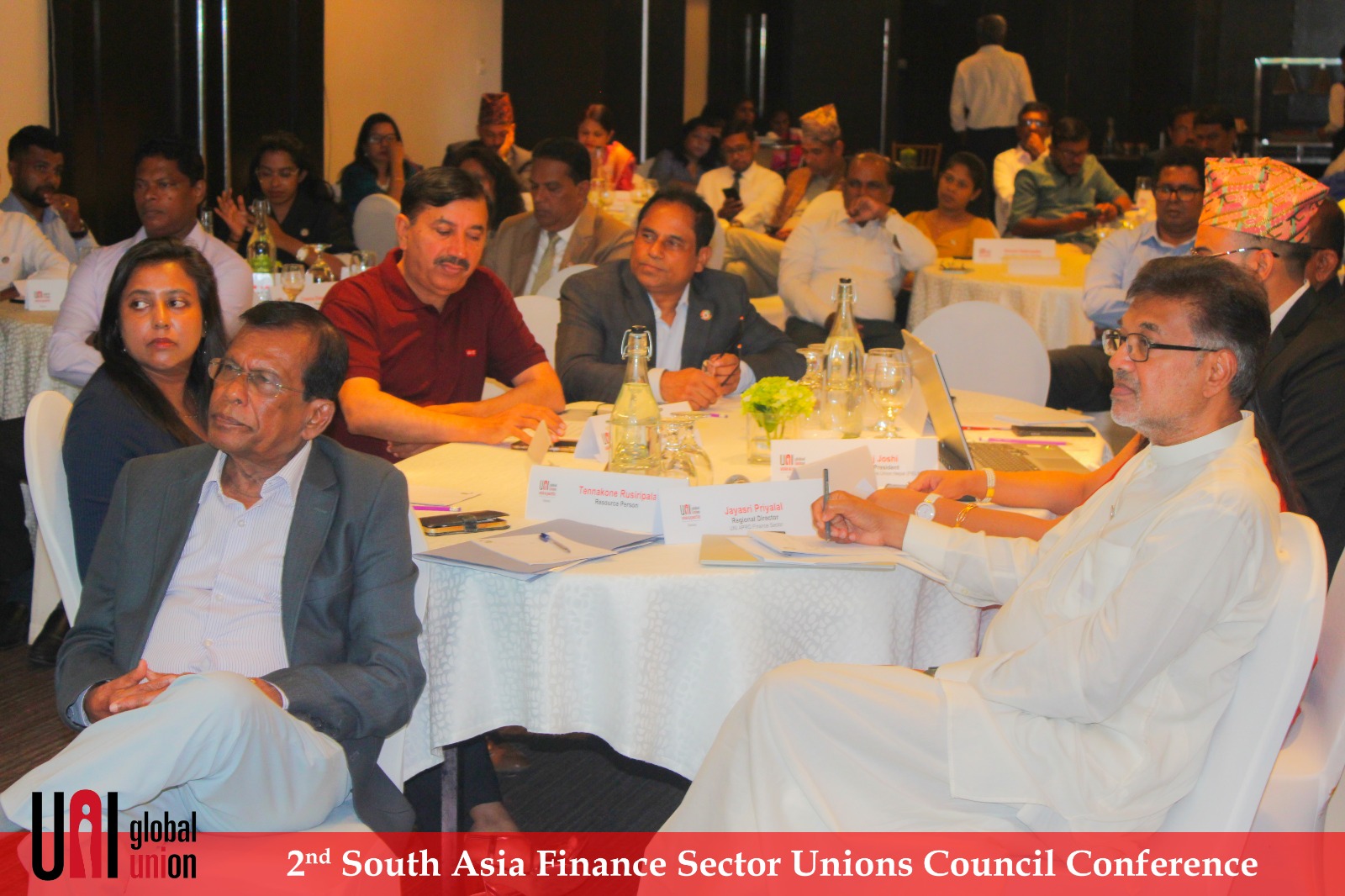
However, the discussion also exposed significant challenges. Speakers like Bikash Shrestha (FIEUN, Nepal) highlighted the instability caused by aggressive bank merger policies, which lead to job insecurity and increased workloads. Soumika Bhattacharjee (AIBOBOA, India) stressed the need to reform PSBs without privatizing them, while Mohamed Delwer Hussain (BOAB, Bangladesh) showcased how PSBs are already leading Bangladesh's sustainable finance journey. Ranjan Senanayake (CBEU, Sri Lanka) introduced the crucial concept of "horizontal solidarity" for driving sustainable development and pointed to the dangers of corruption and political influence in state-owned banks. Malik Ismail (PBIFEF, Pakistan) shared an inspiring story of a landmark victory for the ZTBL union, which successfully regularized third-party workers, boosting morale and union membership. Sulakkana Rajapaksha (FBOSL, Sri Lanka) emphasized that PSBs must shift their focus from short-term lending to long-term social impact, advocating for pro-people banking policies. Veteran unionist Tennakoon Rusiripala added a historical perspective, urging unions to be proactive in safeguarding public banking against market-driven reforms and holding institutions accountable as partners in social progress.
Roundtable 2: Harnessing AI for Job Preservation and Inclusive Finance
The second roundtable, moderated by Angelo Di Cristo from UNI Finance, delved into the dual impact of Artificial Intelligence (AI) on the finance sector: a force for both efficiency and potential exclusion. Ranjit Kumar Chatterjee (INBOC, India) framed AI as a "companion, not a competitor," highlighting its potential to bridge financial inclusion gaps through tools like AI-driven credit scoring and chatbots. However, he stressed that this must be guided by ethical principles and social impact goals.
Sachini Wijesekara (CBEU, Sri Lanka) acknowledged AI's transformative power and the reality of job displacement in routine tasks. She stressed that upskilling and reskilling are essential to prepare workers for new, higher-value roles. She also cautioned against "digital exclusion" in rural areas and advocated for unions to negotiate for transparent policies and job security clauses in collective agreements. Shakeel Ahmed (PBIFEF, Pakistan) provided a sobering view of AI's negative impacts, including job cuts, changes in job profiles, and the risk of over-reliance on technology leading to a loss of critical thinking. He called for collaborative social dialogue and ethical frameworks to mitigate these risks.

As an invited discussant, Peter D. Almeida, a tech entrepreneur and social activist, challenged unions to "reclaim the tech narrative" and promote an AI that serves, rather than replaces, humans. He strongly criticized the exacerbation of wealth inequality by AI due to a lack of accessibility. Citing projections of significant job displacement in banking, he urged unions to understand this disruption, redefine their role beyond traditional wage structures, and advocate for ethical AI and collective bargaining. Almeida stressed that AI is a "work issue, not a technology issue," requiring proactive dialogue and preparation from unions.
Bikash Shrestha (FIEUN, Nepal) emphasized the psychological toll of automation and the need for unions to "secure a seat at the table" to advocate for human dignity and push for reskilling programs. Morshed Sarkar (ICBKU, Bangladesh) provided a balanced view, showing how AI is already improving financial inclusion in Bangladesh while also highlighting the risks of algorithmic bias and data security. Lastly, S. Akhil (AISBISF, India) offered a powerful call for proactive union engagement with digital tools, arguing that unions must become "digital-first organizations." He warned that AI poses significant risks, including a decline in full-time clerical jobs and increased outsourcing, and stressed the need for cross-national campaigns to ensure that the benefits of AI are extended to workers and that fundamental rights are protected.
The Way Forward: Sustaining Trade Union Relevance
The afternoon session, titled "Way Forward - Sustaining Trade Union Relevance," outlined a clear roadmap for SAFSUC's future. Rajendra Acharya (UNI Apro Regional Secretary) underscored the urgent need for labor law reform in South Asia, noting that finance workers are often excluded from full coverage, especially in private and foreign banks. He proposed that SAFSUC conduct a study on national labor laws to identify weaknesses and develop a concrete plan of action.
A groundbreaking proposal came from Prem Kumar Makker (Deputy President, SAFSUC), who suggested initiating dialogue with Latin American finance unions to build "South-South cooperation." This initiative, strongly supported by Jayasri Priyalal, aims to create a consolidated global campaign to "restrain these attacks" from privatization and learn from the experiences of other regions facing similar challenges. Priyalal also challenged the newly elected Executive Committee to be "drivers, not passengers," and take ownership of their roles in developing a new workplan for the next four years.

Sameepa Rajapakse (Acting SAFSUC Secretary) presented a review of SAFSUC's journey since its inception in 2004. She highlighted the council's growth from 29 participants from 10 unions to 59 participants from 18 unions, with a notable increase in female participation. She outlined six key priorities for the future: capacity creation, inclusive organizing, policy advocacy, strengthening public sectors, regional solidarity, and promoting socially responsible finance.
New Leadership and a Stronger Mandate
The conference concluded with the election of a new SAFSUC Executive Committee, reaffirming the organization's mission to defend public banking, protect workers, and adapt to digital and climate transitions. The new leadership team, tasked with developing a workplan to be presented at the 7th UNI Apro Finance Sector Conference in Manila in October 2025, is as follows:
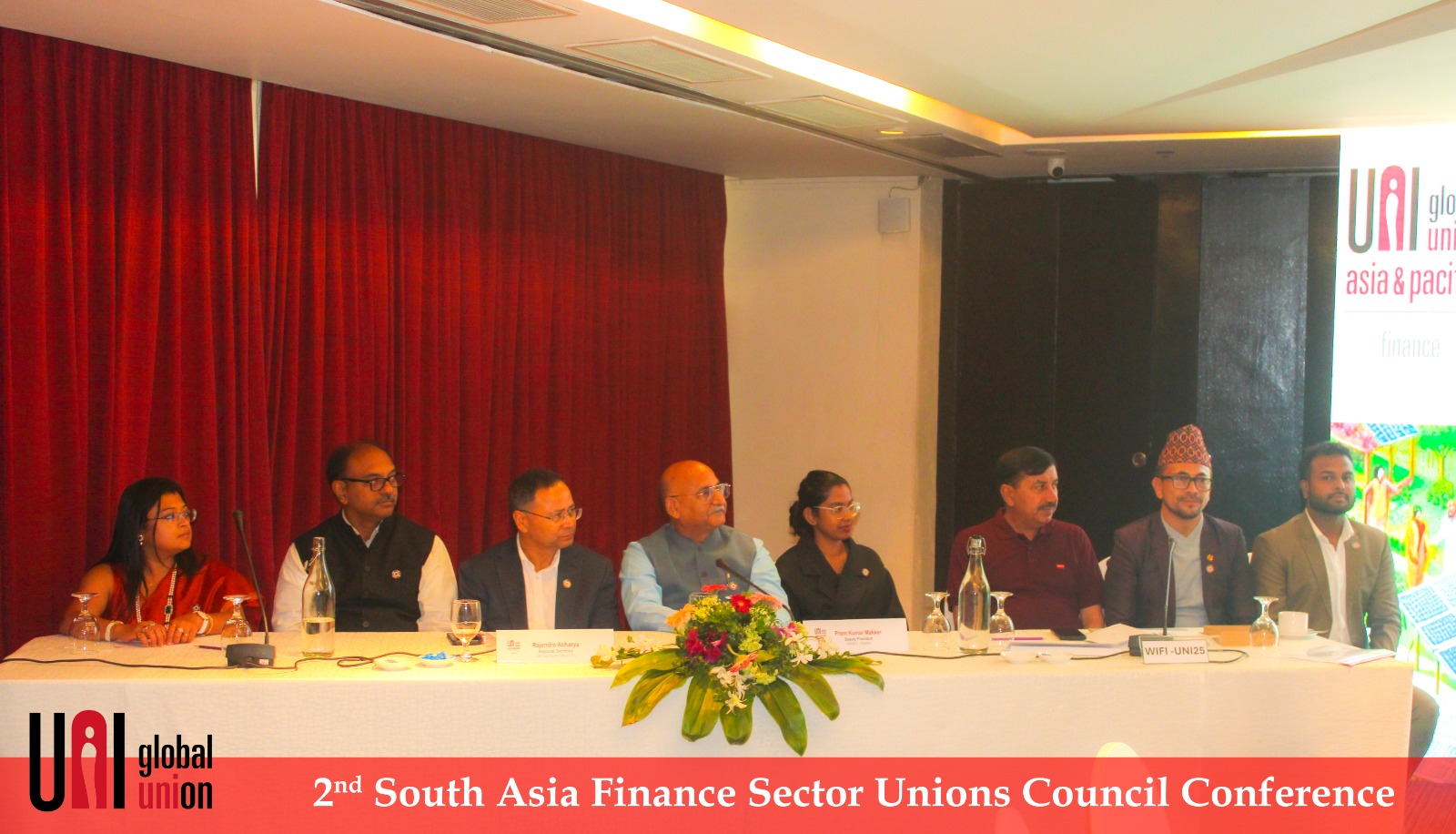
- President: L Chandrasekhar (AISBISF, India)
- Deputy President: Bikash Shrestha (FIEUN, Nepal)
- Vice President (1): MD Morshed Sarkar (ICBKU, Bangladesh)
- Vice President (2): Malik Ismail (PBIFEF, Pakistan)
- Secretary: Sachini Wijesekara (CBEU, Sri Lanka)
- Co-Secretary: Soumika Bhattacharjee (AIBOBOA, India)
The road ahead leads to the 7th UNI Apro Finance Sector Conference in Manila, October 2025.

